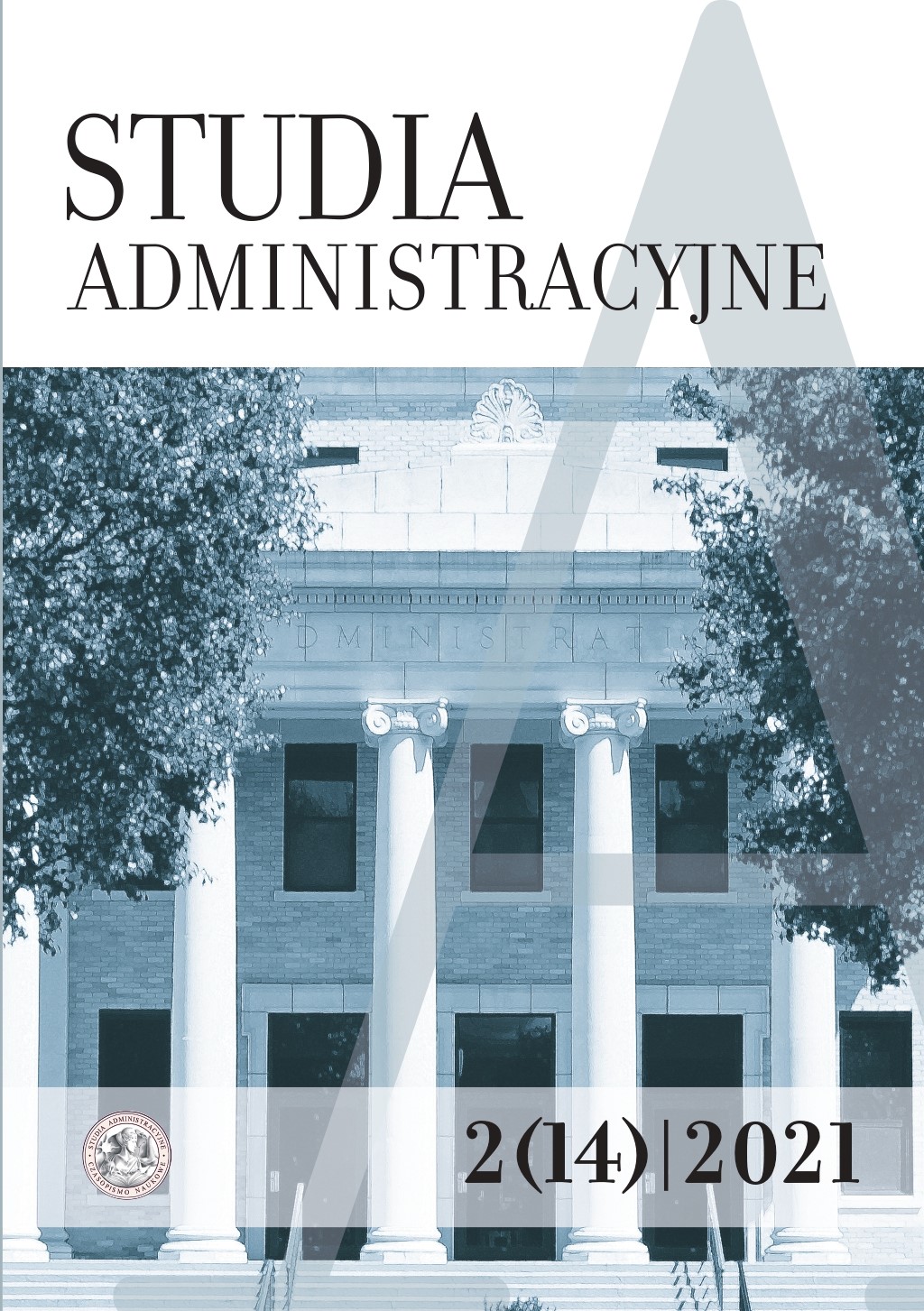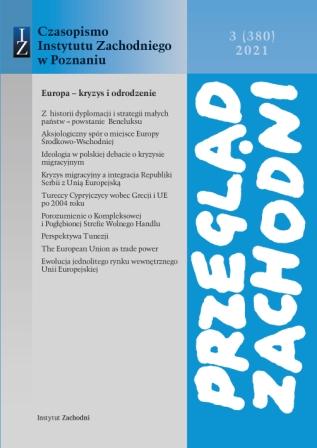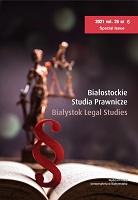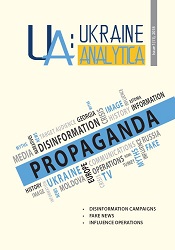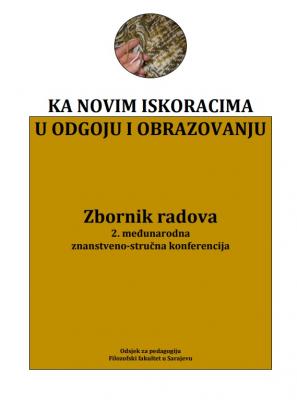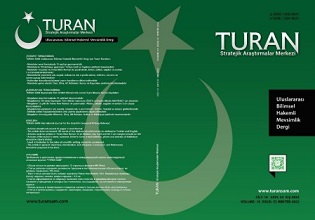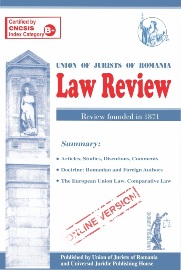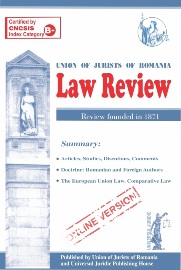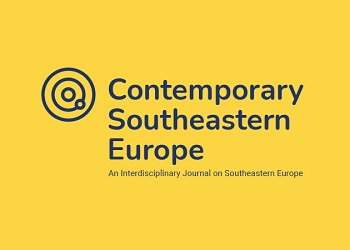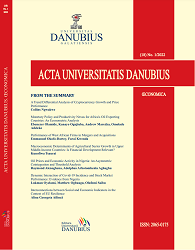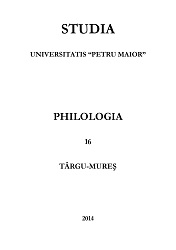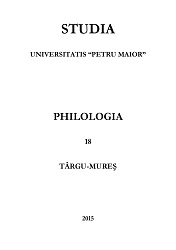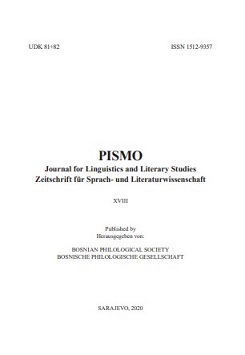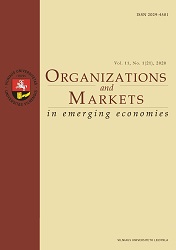
Impact of High-Skilled Migration to the UK on the Source Countries (EU8) Economies
The majority of studies into the economic effects of high-skilled migration focus on aggregate impact on the economic output in the countries of destination. The economic impact of migration of the highly qualified on the economies of the countries of their origin has been examined less. This qualitative research aims to address that gap by identifying the economic effects of high-skilled migration on Central and Eastern Europe, the region which faces many long-term challenges to its economic development. We use the available data from the UK International Passenger Survey for the 2004-2016 period to test whether the outflow of highly qualified workers from the EU8 countries to the UK is detrimental or beneficial for the growth of sending economies in the short and long term. In order to test these hypotheses, econometric time series analysis methods of structural vector autoregression and cointegration were applied. Our results have shown a positive short-term effect of brain outflow on regions’ GDP and wage growth as well as unemployment; on the other hand, we presented empirical evidence in support of the hypothesis of the negative long-term effect of high-skilled migration on EU8 countries’ GDP and wage growth as well as unemployment. These results are fairly robust to imply that a negative view on high-skilled migration from EU8 is broadly consistent with the previous findings of “harmful brain drain” scholars.
More...
